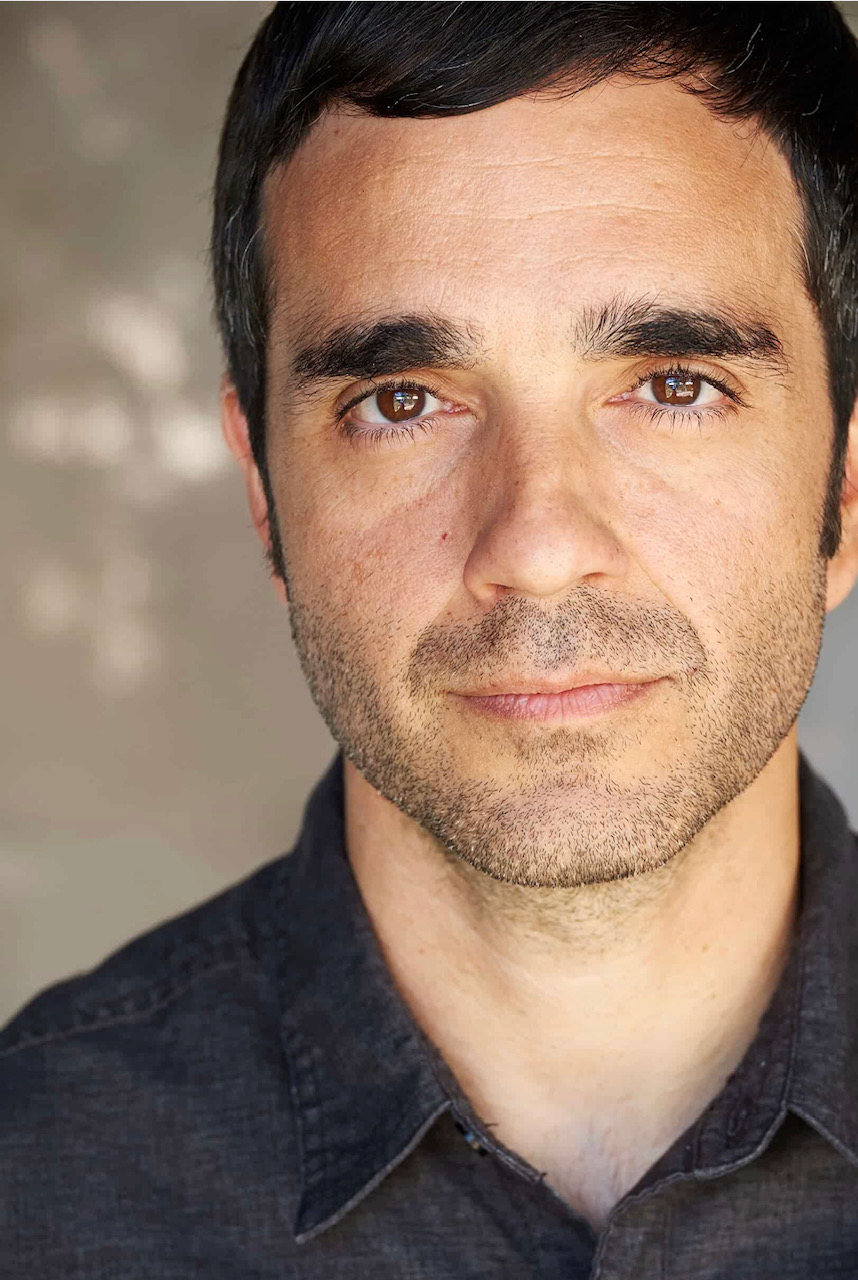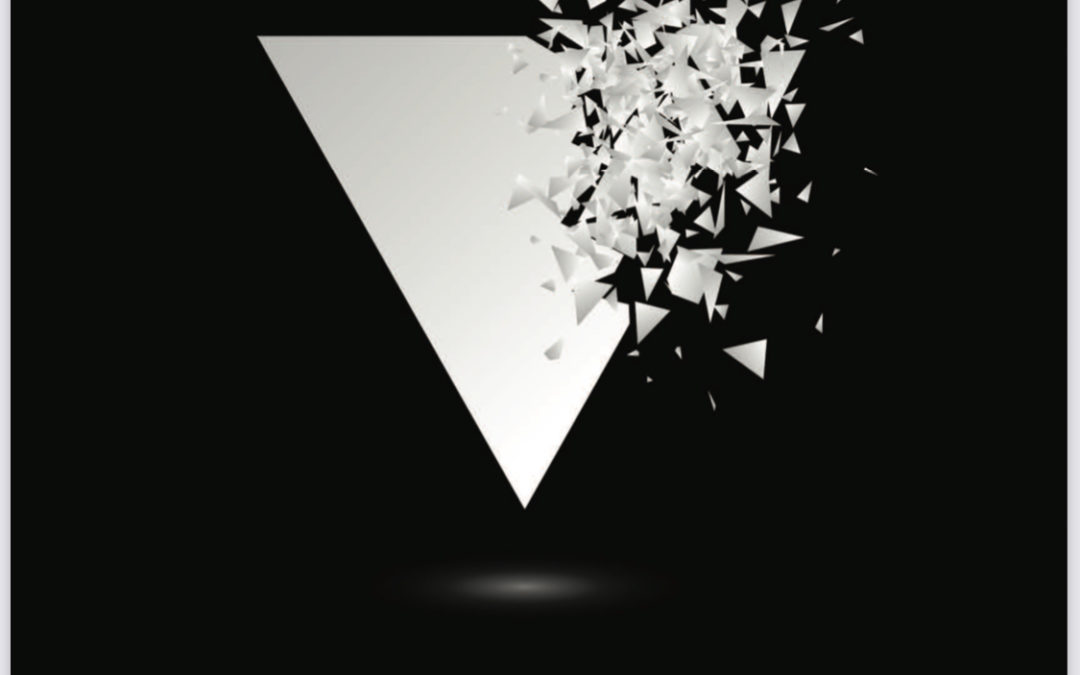
Dastan Khalili, filmmaker, charitable force, and poet, infuses humanity and global consciousness into everything he does. An award-winning writer and director with over 33 wins and 5 nominations, his latest film, the action/drama film, The Way, that is currently on demand on cable and online, has garnered more than fifty awards and eight nominations worldwide.
Khalili began his filmmaking career in 1995 after graduating with a BA from the Pomona University Theater Academy. His first feature film, which he both directed and starred in, a psychological thriller, Insomnia Manica, premiered in 2005 and was called by the LA Times “an elegantly shot mood piece set amid the downtown LA lost crowd, and the intense Khalili creates a striking screen presence.” Since then, he has directed nine feature films, including the 2018 award winning documentary, Master, currently streaming on Amazon Prime, which tells the story of Master Zhou Ting, a globally recognized Qigong, Tai Chi and Kung Fu Grandmaster. His first book of poetry, 90 Two, based on a two word line format Khalili calls DiaVerse has just been published and is available at Barnes and Noble and Amazon, among other outlets.
With decades of experience in directing, acting, writing and producing, the filmmaker is dedicated to telling compelling and illuminating stories inspired by the rich, colorful fabric of humanity. With a passion for eastern philosophy and literary classics, through his Alliance of Light Films, Khalili’s mission is to combine his love of martial arts with a spiritual journey for his films’ characters. The Way, inspired by Victor Hugo’s novel The Final Days of a Condemned Man, tells the story of Jane Arcs (Eli Jane), who was condemned to death after brutally killing her opponent in an underground street fight. Jane undergoes a transformation under the tutelage of a fellow inmate and Qi Gong master, learning the way of Qi Gong and embracing her punishment in the spirit of redemption.
Born in Tehran, Iran to an Iranian father and an American mother, both architects, Khalili lived in both countries until the Iranian revolution, when in 1981, the family moved to the United States permanently. Khalili grew up surrounded by culture and creativity with a lineage on his mother’s side of actors — his grandmother was a theatre actress, and great grandparents were vaudevillian actors in theater and silent film. At a young age, his father introduced him to classic literature and to poetry, a love of which he continues to have to this day. He moved to LA to pursue acting in 1996, also working behind the scenes in almost every area of filmmaking and went on to direct a wide range of projects including the documentaries Making of a Dream and Earth Turns To Gold, which won Best Documentary at the New York International Independent Film & Video Festival in 2010 and 2011, respectively.
Khalili balances his filmmaking career and family life with his charitable work advocating for natural building as President of the renowned California Institute of Earth Art and Architecture (CalEarth.) Founded in 1991 by his father, Nader Khalili, CalEarth is a nonprofit organization committed to providing solutions to the human need for shelter through research, development, and education in earth architecture. CalEarth develops and empowers the public in environmentally sustainable building designs–houses anyone can build, that meet modern-day standards for safety, beauty, energy efficiency, and comfort. CalEarth’s designs have been studied by NASA, endorsed and used by the United Nations, featured in countless world media outlets, and awarded the prestigious Aga Khan Award for Architecture.
Khalili lives in Ojai, California with his wife and daughter.
Looking at your different achievements, you appear to be quite productive and busy. How did you manage to fit writing poetry in with the other demands on your time?
The muses make me do it! My success as a screenwriter and director, in particular, my most recent feature The Way, which I am honored to say has won 50 awards, my family life as a husband and father, and running the nonprofit humanitarian institute Calearth https://www.calearth.org/ keep me quite busy. Writing poetry is a very personal internal space that gives me freedom away from my normal day-to-day. I l do love all the work that I do and poetry fulfills a very personal inner need to expressing freely. It doesn’t require organizations, sets, teams etc. and in that way it’s very beautiful and immediate art. In fact it is my first art! I always said I’m actually a poet first and everything I do feeds that. It’s fascinating how my DiaVerse poems take form. I’ll start musing on a subject and the line suddenly starts coming quickly. I usually have to stop what I’m doing, grab a pen or my iPhone, and write it down. In some cases I just speak it out load and say the poem. After that it’s gone into the ether.
How do you relax?
I really enjoy time in nature. I spend time hiking and in the outdoors. In fact, that’s where I do most of my creative work. As I wander through nature I work it out in my mind. In addition, I have a daily practice of Qi gong internal meditation. This process takes me on quiet calm journeys where I see things from within that my hectic day-to-day activity keep obscure. Combining all of these wonderful opportunities makes for a rich and fulfilling life.
Does music get your creative juices flowing?
Music has a huge impact on me. I do a lot of my screenwriting while music plays in the background. Specific pieces creat a tonal texture that draw me into scenes and worlds. When I am writing screen plays there are particular types of music that I connect with…that motivate and create that environment like a film in my head. As I was writing my previous feature The Way, I was listening to a lot of Dead Can Dance. For the current project that will be going into development soon I have been listening to a lot of Electroclash in the background, house music mixed with traditional Middle Eastern and Anatolian music. This mixture of the past and the present creates fascinating textures and worlds of imagination which I see and express on paper.
If you could tell your younger writing self anything, what would it be?
Invest in bitcoin! I’m just kidding. I would say you are doing great keep going and don’t be worried. It all pays off. One day you will discover that the doing, the creative process itself is the most rewarding of all, and take time be kind and gentle with yourself because your deserve it as do we all.
Can you give any advice to someone wanting to write and publish poetry?
I would share my personal experience; read and write, a lot. And don’t settle, dig deep then deeper. There are great depths within us all.
What inspired you to create DiaVerse?
I have been writing poetry for a very long time. However, I was really looking for an original voice and original form. So experimenting was something I lived to do. Then one day the idea came to me as a challenge. Is it possible for me to write with just two words? I took up the challenge and the rest is history. As a child I grew up memorizing verses and verses of Persian poetry in the original language. Poets such as Rumi, Hafiz, Saadi, and Omar Khayam to name a few. My father would take me to task and work with me to memorize them. Many of these verses still remain in my memory and continue to impact my life with their beauty and wisdom. He picked up the skill from his grandmother who, though was illiterate, was able to repeat memorized poetry that she had learned. I continue to share this gift with my young daughter as she memorizes poems in Farsi as well as well Shakespeare and other classics. All of that is to say that different systems and styles of rhythmic poetry have been a part of my life for as long as I can remember. As a result, I was never satisfied with simply writing verse or prose. Although I enjoyed what I did and felt the expressions adequate it lacked a certain unique originality. Haiku had become my favorite for quite a few years with the simplicity of the delivery yet the profound depth of it and I was looking for something like that. But haiku requires yet again internal 5 7 5 rhythm and a certain level of mastery. DiaVerse is something so accessible, so simple, that it actually opens doors to new ideas. Anytime, anywhere, and very quickly.
Why do you write?
Creating has infused my family for generations. I was encouraged when I was very young to create and I do the same with my daughter. I have written quite a few screenplays and some of them I have made into films. The ability to create entire universes as a writer from thought to paper is incredibly empowering and deeply satisfying. I have been writing in many forms all my life. It is not only a conversation with myself but a conversation to be shared and expressed to the general public in the world. It is a beautiful experience that anyone can do. It’s part of why I came up with DiaVerse so that anyone can be a poet by just putting two words together. The key for me was that it should be as simple and accessible as possible. Of course, as we know, elegance is beauty expressed in simplicity and that is what I have always sought after as an artist.
Who are your favorite poets?
So many brilliant writers, Rumi, Hafez, Shakespeare, Jim Morison, Mary Oliver, Buson, just to name a few.
Do you enjoy promoting your books and meeting your readers?
The interesting thing about meeting people while I share my poetry is that almost always someone right away start writing diverse poetry because it is so accessible. And this is quite a wonderful joyous experience to see others take on the style and give you their point of view, expression and creativity in that form. It is one of the particular reasons I love promoting and sharing this with people and meeting them. They are inspired to act often on the spot and create something spontaneously. The simplicity and ease with which it can be done makes it both inviting and fun. This is why I love going out and sharing.
Should we be expecting another book like 90 Two, with its unique style, any time soon?
I am currently working on the next series of DiaVerse poems. They come in waves and I put them down. When I have another solid collection, I look forward to sharing them.

